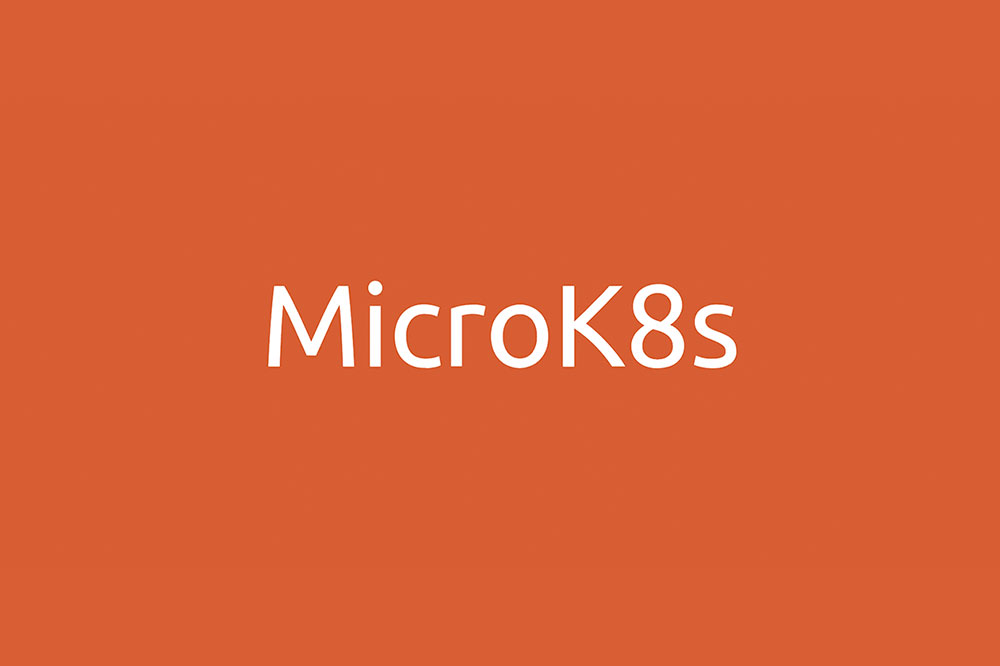Canonical wants to improve the reliability of Kubernetes for edge, IoT and multi-cloud applications, so it’s bringing a few new features to some of its distributions.
Firstly, the MicroK8s zero-ops Kubernetes distribution for workstations and edge/IoT is getting the addition of high-availability clustering. This enables rapid deployment of highly standardised small K8s clusters. The next step is to ensure high availability of these clusters, using Canonical’s Dqlite distributed SQL engine. Dqlite removes process overhead by embedding the database inside Kubernetes itself, and reduces the memory footprint of the cluster which is important for IoT.
RAFT and SQLite are well-understood best practices for distributed and embedded systems. Using Dqlite as the Kubernetes datastore simplifies the deployment of a resilient K8s cluster, according to Canonical. The company states that telco and retail edge applications can now achieve high reliability at very low cost on x86 or ARM commodity appliances such as clusters of Intel NUCs or Raspberry Pi boards.
The move to SQL as a data store is mirrored in Canonical’s multi-cloud Charmed Kubernetes, embracing corporate databases such as Oracle, SQL Server, MySQL and Postgres, and public cloud SQL offerings like AWS Relational Database Service (RDS). Administrators will be able to use these familiar SQL databases for Kubernetes cluster data instead of etcd.
“The rapid rise of enterprise and edge Kubernetes creates a challenge for corporate IT, with thousands of edge nodes running Kubernetes, and hundreds of cloud Kubernetes clusters,” said Stephan Fabel, director of product at Canonical.
“The next generation of Canonical’s Kubernetes offerings reduce the number of moving parts, and embrace standard corporate SQL databases for Kubernetes data stores, to address the operational consequences of Kubernetes cluster sprawl.
“We retain etcd for those users who are comfortable with it, but enabling the standard enterprise database set makes it easier for many IT teams to operate K8s.”


